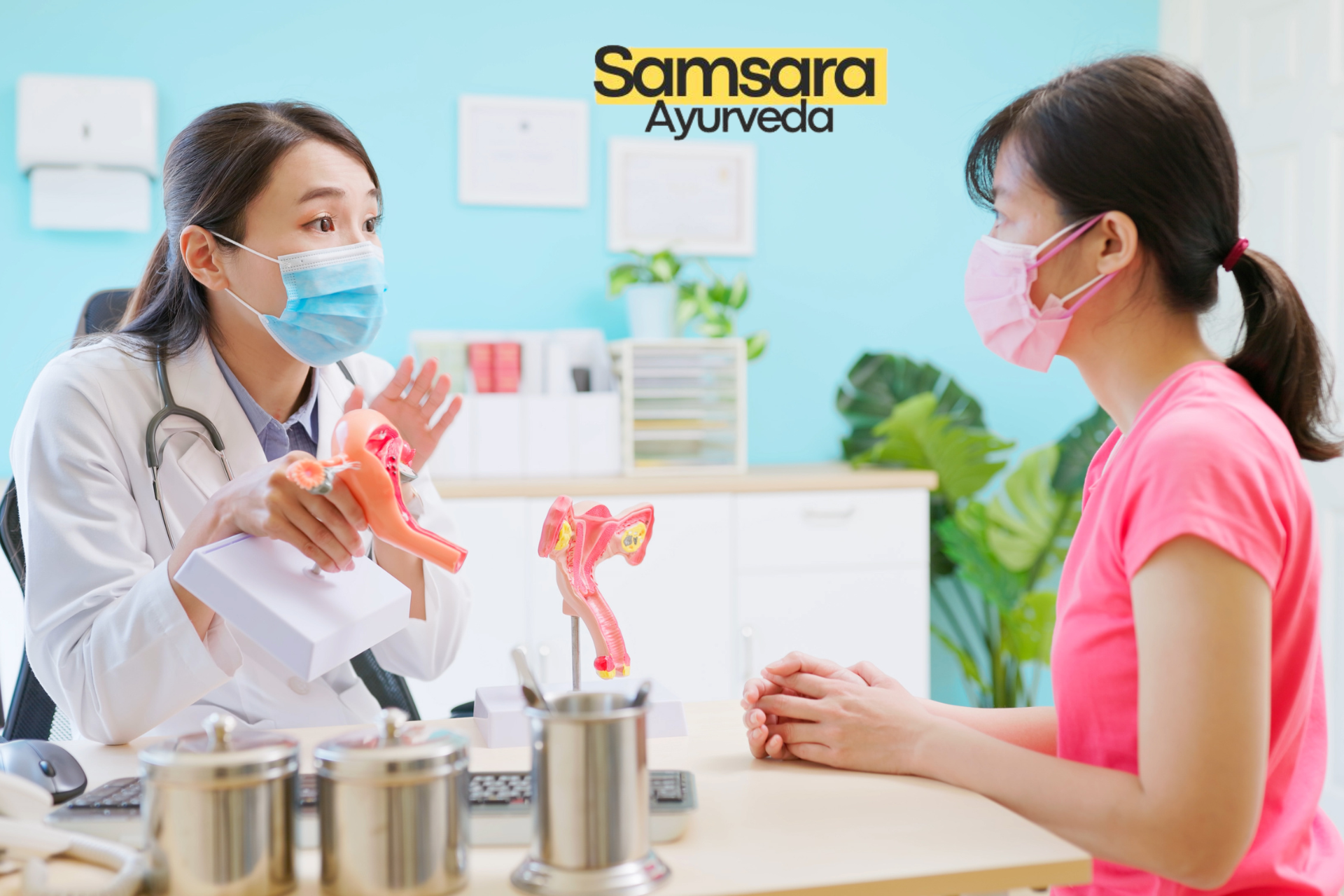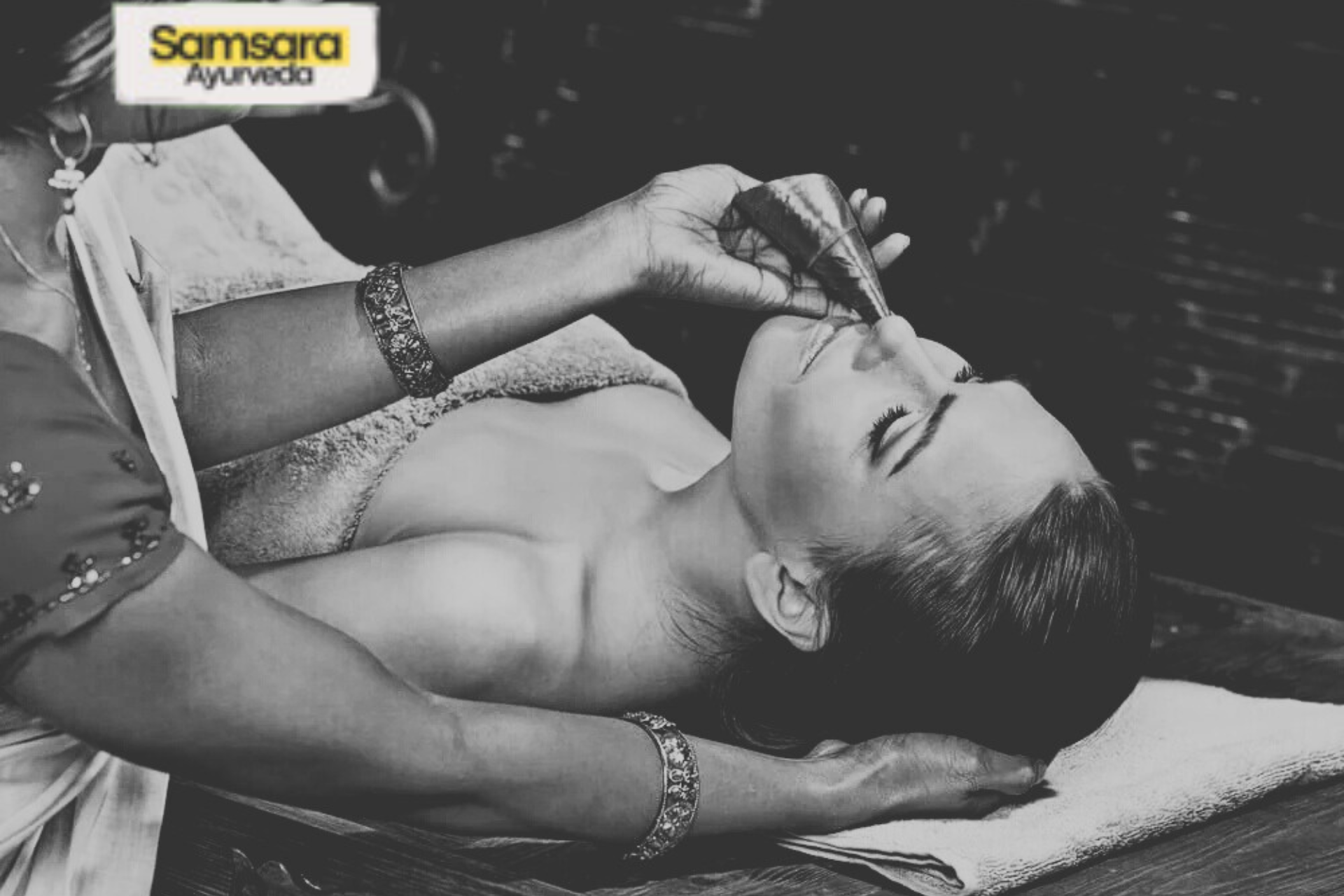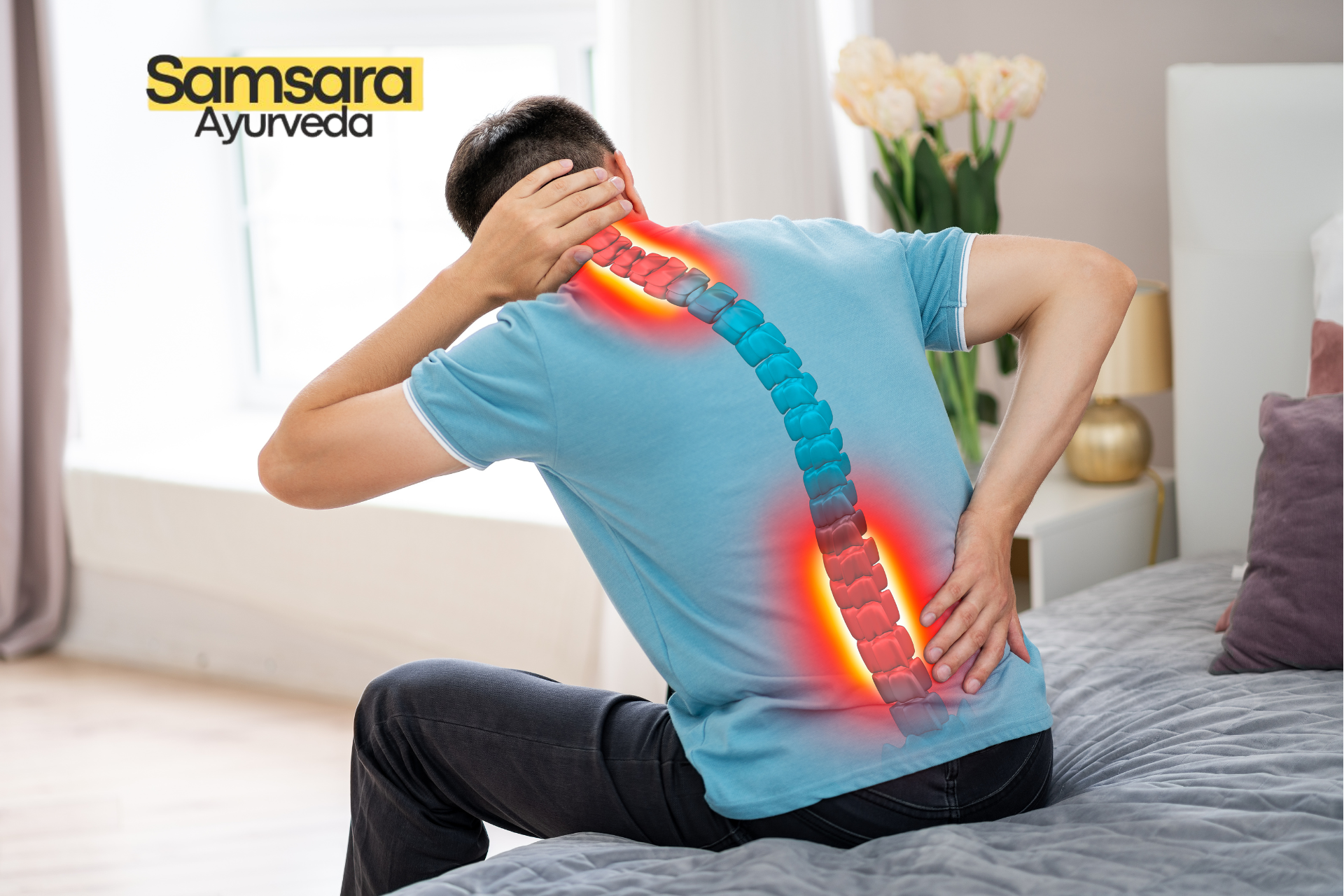PCOS
Polycystic ovarian syndrome (PCOS) is one of the most common problems affecting approximately 25% of all woman. PCOS can effect menstrual cycle, hormonal level, fertility as well as appearance including acne, facial hair growth and balding, overweight, irregular menstrual cycle, amenorrhoea, dysmenorrhea etc. Some woman may suffer from depression.Polycystic Ovary Syndrome (PCOS) is one of the most common endocrine disorders the pituitary gland produces the hormones Luteinizing Hormone (LH) and Follicle Stimulating Hormone (FSH), which cause the ovaries to release mature eggs when released from a follicle.Multiple sacs filled with fluid grow inside the ovaries of people with polycystic ovarian disease, causing cysts. Follicles containing immature eggs are called cysts. PCOS patients never have fully developed eggs that can cause ovulation. Menstrual cycle disruption is caused by increased secretion of androgen, a male hormone, in women with PCOS. PCOS affects women both physically and psychologically, hurting their health. Ovarian cysts, elevated testosterone levels, and irregular or absent menstruation are a few characteristics that may arise. According to Ayurveda PCOS is a kapha disorder. Artava dhatu is responsible for reproduction in the female body and artava srotasa is a channel to supply nourishment to the uterus. In PCOS the kapha dosha blocks vata and pitta thus obstructing the movement. Acharya Kashyapa mentioned about Pushpagni jataharini, it bears some resemblance with symptoms of PCOS. Stress is a significant factor that contributes to PCOS symptoms
Some of the common symptoms of PCOS
Irregular periods: Women can experience irregular periods.
Skipped Periods: There can be periods of prolonged missed periods This can happen for months at a stretch.
Severe bleeding: This is caused due to a thicker than usual lining of the uterus. Females can experience long periods of heavy bleeding.
Hair growth: Excess hair growth in the back, belly, chest and face can take place. This condition is also called Hirsutism and can be a really annoying symptom of PCOS.
Acne: There is a higher tendency for breakouts in areas such as the face, chest and back.
Overweight: Up to 80% of females with PCOS are significantly overweight and it is shown that weight management can reduce the symptoms considerably.
Hair loss and hair thinning: Females with PCOS/PCOD can experience hair loss and hair thinning. This is caused due to the excess of androgens in the body.
Darkening of the skin: There can be dark skin pigmentation or patchy skin formation in the neck,nose, groin, under the breasts and some other areas.
Headaches: PCOS is a hormonal imbalance that can sometimes cause headaches.
Pelvic pain and fatigue:There can be feelings of discomfort such as pain in the pelvic area accompanied by fatigue in females with PCOS.
PCOS, if left untreated, can lead to:
Infertility
Gestational diabetes or high blood pressure during pregnancy
Miscarriage or premature birth
Metabolic syndrome (risk of cardiovascular diseases)
Non-alcoholic fatty liver disease.
Treatment like Udvarthanam, shodhanam, Shamana mainly done Ayurveda.Diet for PCOS, avoiding or reducing foods rich in sweet and salty taste is essential. These tastes are known to increase Kapha, which can create blocks in the body. Therefore, avoiding sweets, starchy grains, refined grains, starchy vegetables, dairy, and excessive salt is recommended. Instead, focus on incorporating millets into your diet, as they have a low glycemic index and provide energy. Buttermilk and leafy green vegetables is also beneficial in this diet.Yoga poses like Surya Namaskara, Dhanurasana,Bhujangasana,Ustrasana, Sarvangasana, Matsyasana and Paschimottanasana help regulate hormonal function, improve blood circulation, and reduce stress.





